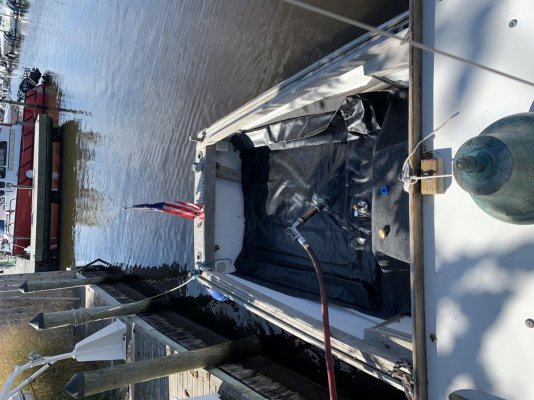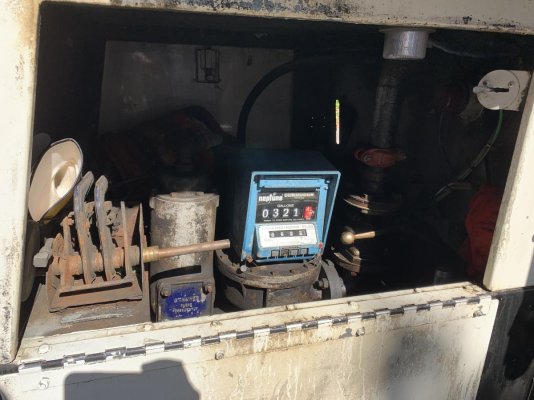ScottC
Guru
- Joined
- Nov 2, 2019
- Messages
- 1,520
- Location
- SWEDEN
- Vessel Name
- ABsolutely FABulous
- Vessel Make
- Greenline 33 Hybrid (2010)
I have been reading recent threads about spiking fuel costs and what boaters can do about the situation. Heating fuel has been mentioned.
This thread discusses the pros & cons of heating fuel for diesel engines.
https://www.trawlerforum.com/forums/s6/running-lehman-120-home-heating-oil-60014-2.html
My general take-away from the above thread is that for old diesel engines, one might be able to get away with it, but there are tradeoffs. For newer engines, Turbo-diesels and the like, using heating oil is risky.
In about a month, we will embark on a ~1300 nm trip from France to Malta. We have been expecting high fuel prices and, for the little fuel we use, current prices are not an obstacle. BUT...in the last few weeks, there has been increasing talk of RATIONING gas (natural), gasoline, diesel and even electricity in Sweden. Not sure about the rest of Europe, but I am quite certain the situation is not limited to Sweden.
So, I find myself wondering what our options might be if we find ourselves in the middle of our journey, needing fuel...and there's none to be had. Perhaps we could get away with mixing in a little heating fuel for a short hop to a marina that we know -- in advance -- has some marine diesel available. Other than that, are there any other practical and safe options for short-term use in modern diesel engines??? Cost is not a factor.
Edit: Ok - I know there will be plenty of olive oil where we're going...but if that's an option, I guess cost would become a factor ;-)
This thread discusses the pros & cons of heating fuel for diesel engines.
https://www.trawlerforum.com/forums/s6/running-lehman-120-home-heating-oil-60014-2.html
My general take-away from the above thread is that for old diesel engines, one might be able to get away with it, but there are tradeoffs. For newer engines, Turbo-diesels and the like, using heating oil is risky.
In about a month, we will embark on a ~1300 nm trip from France to Malta. We have been expecting high fuel prices and, for the little fuel we use, current prices are not an obstacle. BUT...in the last few weeks, there has been increasing talk of RATIONING gas (natural), gasoline, diesel and even electricity in Sweden. Not sure about the rest of Europe, but I am quite certain the situation is not limited to Sweden.
So, I find myself wondering what our options might be if we find ourselves in the middle of our journey, needing fuel...and there's none to be had. Perhaps we could get away with mixing in a little heating fuel for a short hop to a marina that we know -- in advance -- has some marine diesel available. Other than that, are there any other practical and safe options for short-term use in modern diesel engines??? Cost is not a factor.
Edit: Ok - I know there will be plenty of olive oil where we're going...but if that's an option, I guess cost would become a factor ;-)
Last edited:




